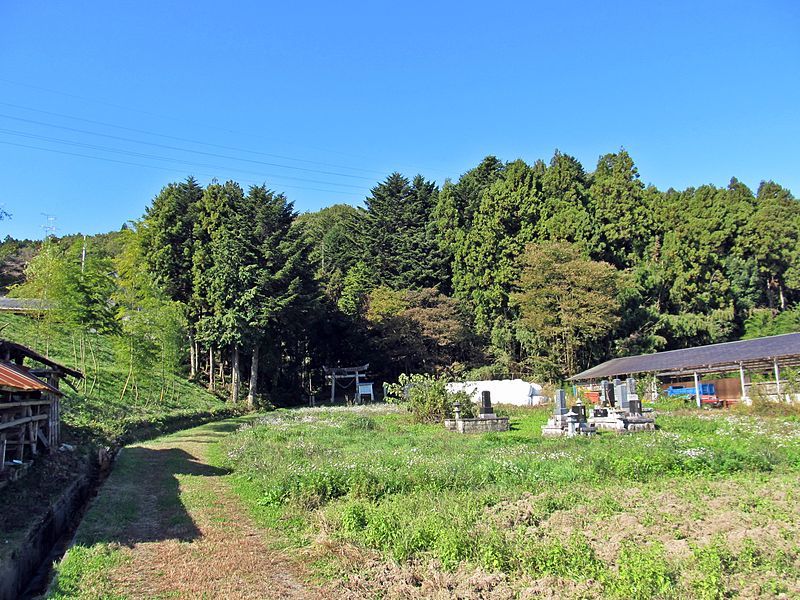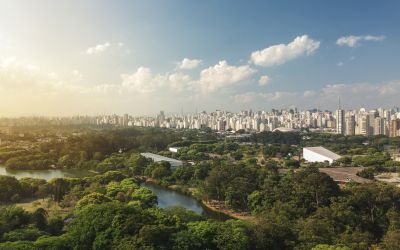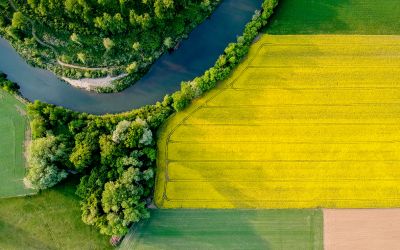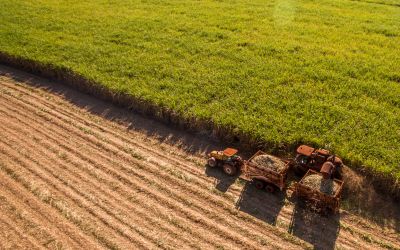Japan to base renewable energy village in Fukushima’s contaminated farmland
Solar Sharing concept to revitalise agricultural production in the wake of the Fukushima disaster

Japan is developing a renewable energy village in farmland contaminated by radiation fallout from Japan's Fukushima Daiichi nuclear plant disaster.
The project aims to combine the development of solar installations with agricultural progress in the region and the community-run programme in the city of Minamisoma already has 120 solar panels generating 30 kilowatts of power.
The "solar sharing" concept, whereby crops are grown beneath raised solar panels, could revitalise agricultural production in the wake of the Fukushima disaster and earn additional profits from selling renewable energy to local utilities.
Wind turbines could also eventually appear at the Renewable Energy Village, if planners can get additional funding beyond the Japanese government's feed-in tariffs supporting the project.
The Renewable Energy Village could also help the Fukushima prefecture achieve its ambitious goal of converting to 100 per cent renewable energy by 2040 and local leaders have already planned to locate what could be Japan's largest solar park in Minamisom.
Other renewable energy efforts in the Fukushima prefecture include an experimental floating wind turbine off the coast; a project that could pave the way for a significant wind farm with a one-gigawatt capacity aimed at tapping into offshore wind power.





